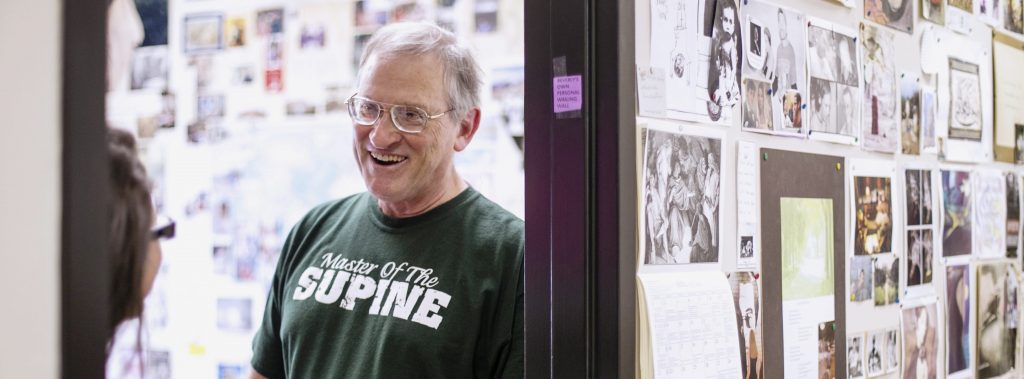“For me, the movies are like a machine that generates empathy. It lets you understand a little bit more about different hopes, aspirations, dreams and fears. It helps us to identify with the people who are sharing this journey with us.” –Roger Ebert
Some movies allow us to experience the feelings of the writer or filmmaker as if they were our own. Others give us access to characters’ emotions in ways that we can identify with.
“Jackie” (2016), a film directed by Pablo Lorrain, succeeds as a nuanced portrait of Jackie Kennedy in the days following her husband’s assassination. Shot on grainy Super 16mm film, accompanied by Mica Levi’s swelling musical score and complete with subtle uses of archival footage, Lorrain’s film is both technically exciting and emotionally captivating.
At the center of the film is Natalie Portman, whose impressive depiction of the First Lady earned an Oscar nomination earlier this year. Her performance, in addition to Lorrain’s direction and Stephane Fontaine’s camerawork, give viewers the feeling that they are watching something intensely personal. Portman embodies Jackie’s posh sophistication, fierce loyalty and overwhelming grief in every scene, even when they seem to contradict each other.
The beauty of “Jackie” comes simultaneously from its excellent craftsmanship and its deep concern for humanity. Lorrain, a Chilean filmmaker, was able to root through the mythology that surrounds the Kennedy administration and capture the bare human emotions at its core. In “Jackie,” we see a woman heartbroken by her husband’s death, but also hesitant to leave behind the extravagant lifestyle that it allowed her to live.
“Jackie” allows us to feel for another person like few historical biopics about White House residents ever have. It includes all of the criticisms that have been thrown at Kennedy over the years, but then, shows the painstaking process by which Jackie sought to acknowledge or silence them. The film respects her enough to show her selfishness along with her maternal selflessness, her relief with her grief and her vanity with her modesty. In the end, we don’t see a goddess or an icon. We see a fellow human.
Historical dramas rarely allow their subjects this justice of depicting them as people who think and feel many things all at once. After all, creating characters that are multi-dimensional, contradictory, complex human beings is a tremendous challenge for filmmakers. More often, historical subjects become characters whose every thought and action is logically explained and limited by the purpose of the film’s plot.
“Jackie” digs deeper and finds common humanity in the woman in the White House. The film refuses to paraphrase her life into a few words. It is much more concerned with finding the emotional truth of those historic days in Jackie’s life: how our leaders are mortals forced to act immortal for the greater good, and how acting immortal can seem like an act of selflessness and selfishness at the same time.
– By Garrett Moore, staff writer






